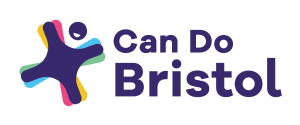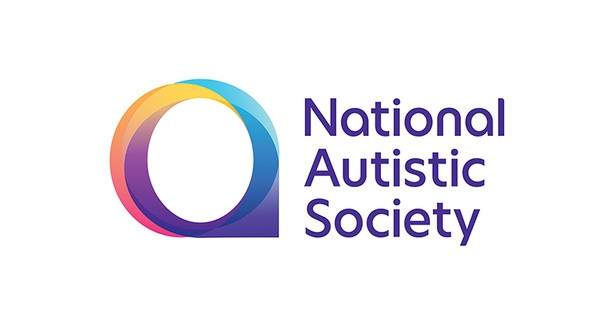Who we are:
The National Autistic Society is here to transform lives, change attitudes and create a society that works for autistic people.
We transform lives by providing support, information and practical advice for the 700,000 autistic adults and children in the UK, as well as their three million family members and carers. Since 1962, autistic people have turned to us at key moments or challenging times in their lives, be it getting a diagnosis, going to school or finding work.
We change attitudes by improving public understanding of autism and the difficulties many autistic people face. We also work closely with businesses, local authorities and government to help them provide more autism-friendly spaces, deliver better services and improve laws.
Why we need you:
Out of School Clubs support autistic children and young people between the ages of 8 and 21 years.
At the Out of School clubs we create a safe environment where children and young people can learn social skills and learn how to manage unstructured times. We provide enough structure and support for children and young people to learn the necessary skills and reduce this over time.
Children and young people accessing the groups have been shown to develop better social skills and increased confidence. Some of the young people have since found employment; others have moved on to mainstream social and leisure activities.
Our volunteers provide the opportunity for children and young people to be supported by a variety of people from different backgrounds and ages. Children and young people will learn how to get along with different people.
Volunteers bring new ideas and perspective on situations.
What you will be doing:
- Positively encouraging children and young people to risk assess situations and encourage them to be independent.
- Children and young people attending the clubs are diagnosed with autism and typically (although not exclusively) attend mainstream school. Their behaviour can be socially odd and occasionally challenging.
The main tasks/activities of an Out of School Club Volunteer include:
- Working as part of a team of staff and volunteers
- Following instructions from the Project Leader, helping them to run activities and games for the children and young people
- Initiating activities (for example getting a board game out)
- Model appropriate conversation and social interaction skills.
Support children and young people:
- in understanding social interactions.
- with negotiating/clarifying rules for games and activities while supporting them to understand compromising as and when necessary.
- the other person’s point of view.
- in managing unstructured time.
For more information about the Out of School Clubs go to www.autism.org.uk/outofschoolclubs
Skills, experience and qualities needed:
- Positive
- Patient
- Stay calm under pressure
- Flexible
- Willingness to learn and adapt
- Taking on instructions from the project leader
- Working as part of a team
When and where:
- Tuesdays
- 6:30 pm to 8:00 pm 8-14 year olds
- 8:00 pm to 9:30 pm 14-21 year olds
- Where: Central Bath
Support
- Volunteers are supported at all times by the Project Leader running the Out of School Club and receive regular supervision meetings.
- Agreed expenses incurred due to the role are reimbursed.
- Mandatory induction training includes Understanding Autism and Safeguarding Vulnerable Young People, ongoing training opportunities are also available.
- Access to the Employee Assistance Programme
What you could get out of it?
Volunteering in an out of school club offers:
- Valuable experience with a range of ages and abilities
- Access to ongoing training opportunities
- Agreed expenses paid
- A first stepping stone to a career with children or autism (we will provide references for our volunteers)
- The enjoyment and satisfaction of working with children and young people and supporting their progress
- Lots of fun! Volunteers have enjoyed activities such as archery, laser quest and cinema trips.
- References can be provided after 6 months.
We seek applications from anyone interested in the role, but particularly welcome applications from those on the autism spectrum.
If you have any questions about this role or the application process please contact volunteers@nas.org.uk


